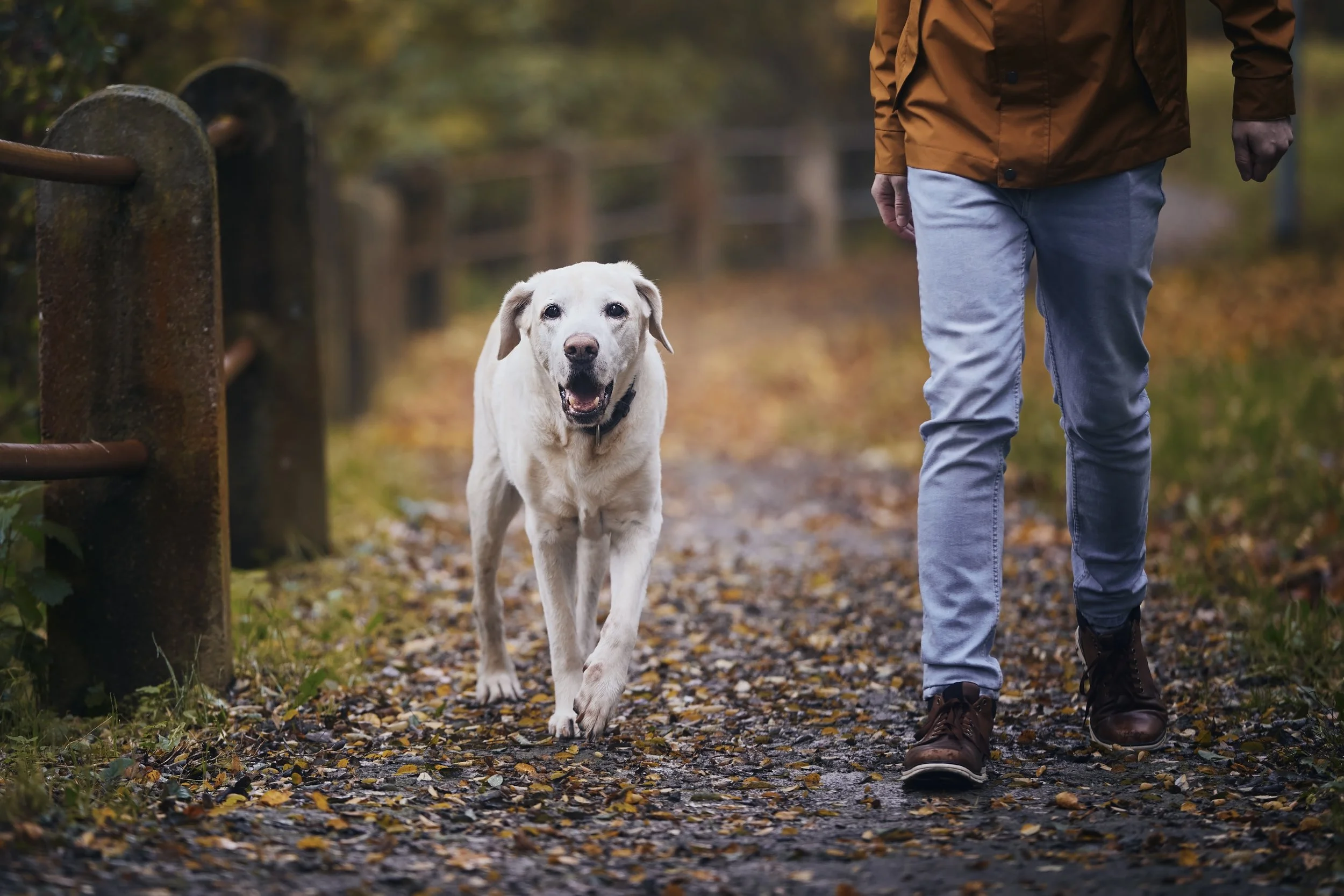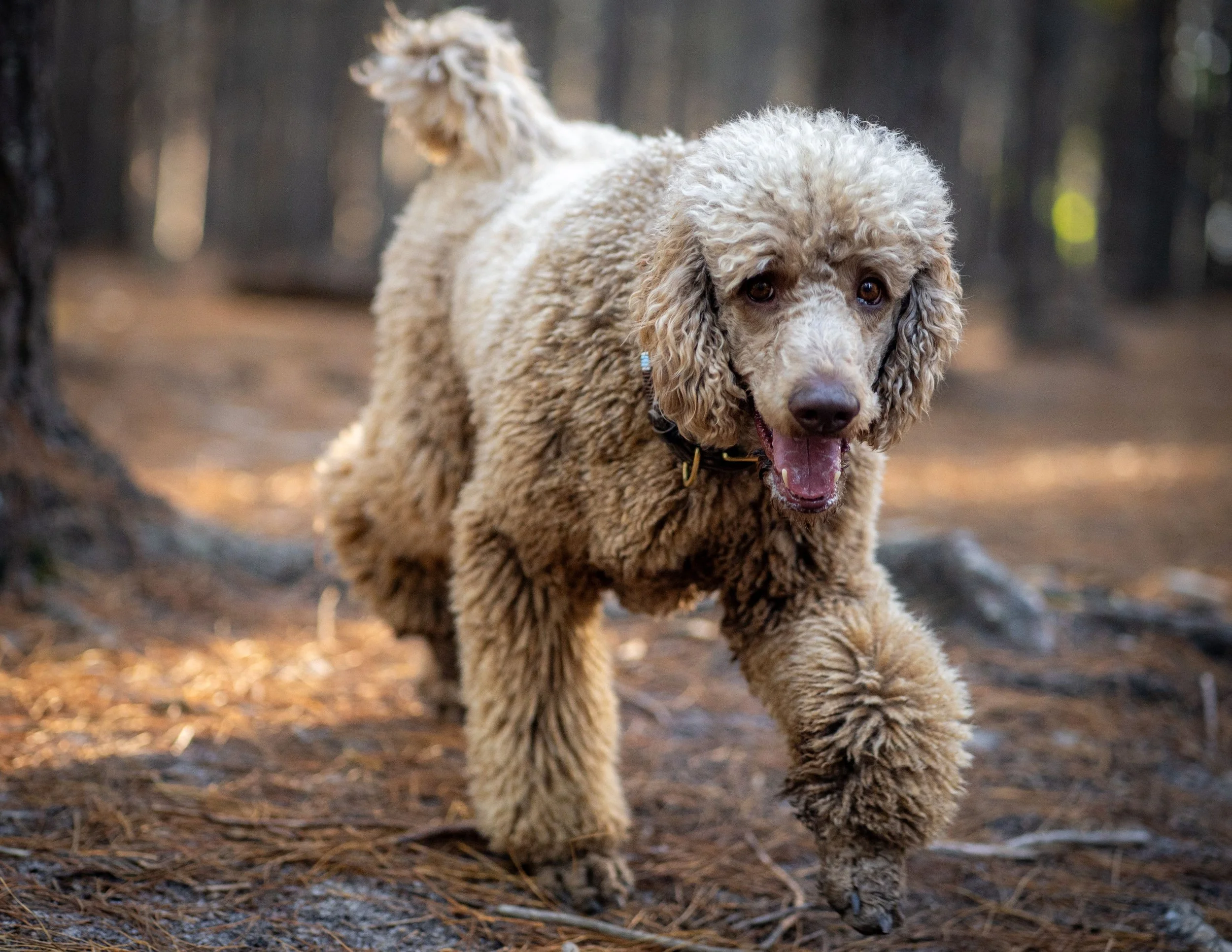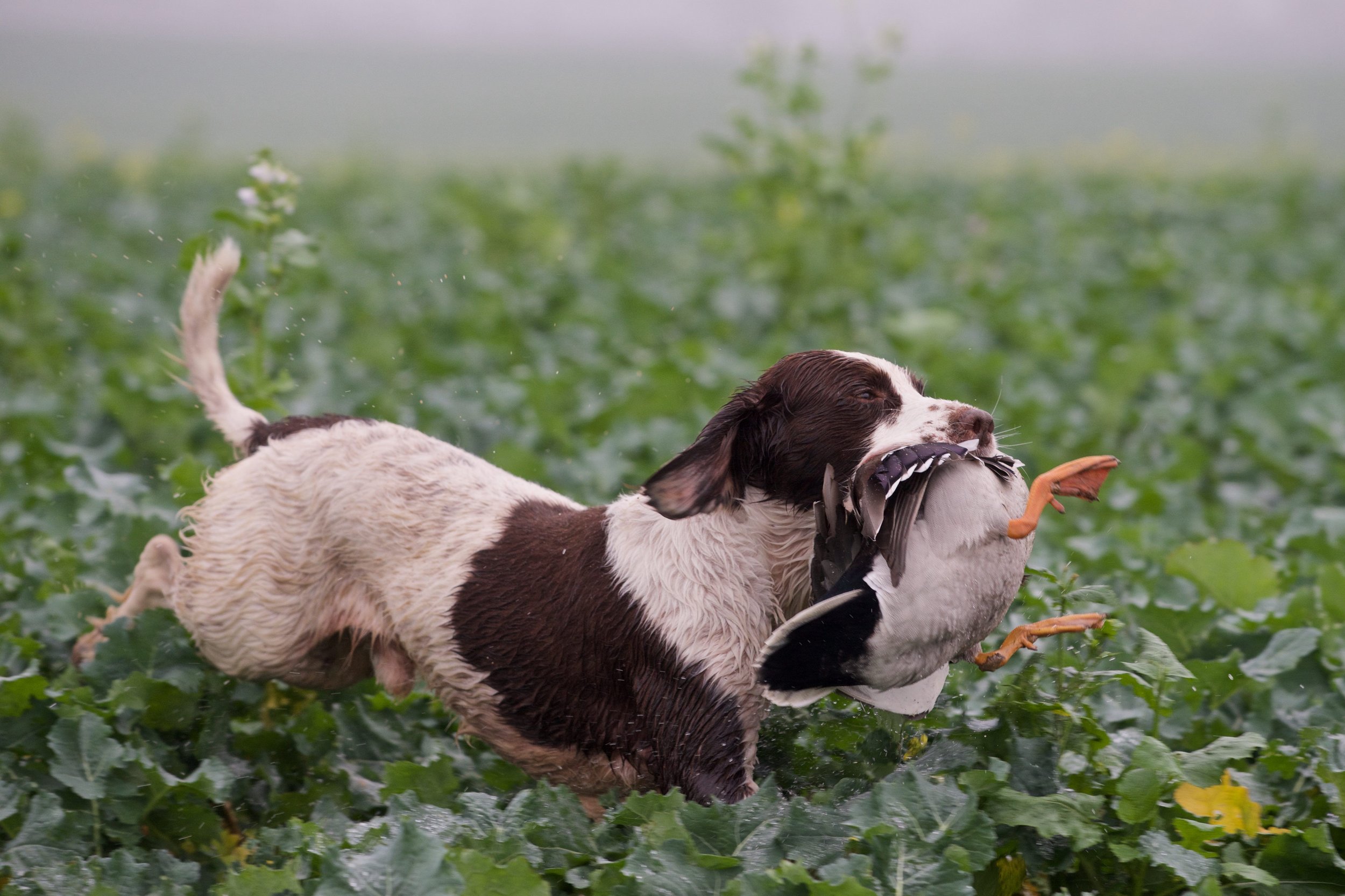Your Guide to Duck Season
It’s that time of year again. Birds are migrating south to seek warmer climates, and hunters are ready and waiting! You have some new duck calls you’re excited to try, or a new decoy spread you are eager to set up! Though one thing people sometimes overlook is having their bird dog, or themselves ready for the season.
A lot of hunters will take it easy during the summertime, but this can lead to starting the season a bit rusty if not properly prepared. Going back over basics for your bird dog may be tedious, but it helps to reinforce previous training, and keeps them sharp for the beginning of the season! This practice with your hunting companion also helps you get ready for the season as well and helps tone and sharpen you and your dog’s ability to work as a team.
Back to the Fundamentals
When we talk about the fundamentals, we talk about three commands that are necessary to hone with your dog. Those commands are steadiness, recall, and marking. All three of which are vital for determining the success of your dog’s performance!
Steadiness
Dog’s want to work, and they want to make us happy. They can sometimes be a little overeager, especially if they are lacking experience or confidence. These dogs are high-performing and have incredible energy levels. This can cause the overly excited pup to forget its cue from you and can cause them to jump in at the first opportunity they see! Steadiness is crucial to ensure they don’t break on the shot or when birds are working on the water. This can be particularly hard for people who have self-trained their dogs. It’s easy to get caught up in the fun and action of everything going on, but you really should be paying such close attention to your dog. Having them on a lead/leash so they understand not to move until they’re released is a common training tip professional trainers use to ensure that steadiness is perfected.
Recalling
Recall command is equally important. You don’t want your dog getting too far away from you without being able to stop and call them back to heel. In addition, public hunting grounds can be unknown territory for you and your dog. In unknown territory, there could be hidden dangers that you and your dog aren’t aware of, such as deeper water than you expected, aggressive wildlife, or treacherous plants and foliage that can hurt your pup’s paws. It’s easy to get focused on the skies or scanning the waters, but it is important for your dog’s safety that you are aware of any potential hazards that your dog may meet while trying to do its job. There could also be other hunters on public grounds, and you don’t want your dog running through another hunter’s spread. You also don’t want your dog going after other hunter’s birds either, and some hunters are not as mindful of staying 100 yards away or more on public lands. Re-enforcing the recall command can be crucial to ensure that you aren’t encroaching on another hunter’s day, and for maintaining the safety of your hunting partner.
Marking
Teaching marking drills is essential for teaching hunting dogs how to watch the birds fall and run to the area where the bird fell. There are different drills for different scenarios, and this helps improve our dog’s marking skills when it comes to more advanced marking.
Getting Yourself Prepared
Get Physical. Some people get a little lazy in the summertime! The high heat makes people move around less. You might find yourself a little out of shape when you are trekking off trail, carrying your gear, and setting up your blind. It’s not a bad idea to go for a couple of hikes just to prepare yourself for extra physical activity you’ll also be doing!
How’s your aim? You don’t want to be waiting in the blind, ducks in sight, ready to take the shot, only for you to miss far right! So go practice shooting before the real test of your skills begin! Practice with classic clay pigeons, maybe with different scenarios emulating how ducks move when the pressure is high! It’s not just physical skills, but also a test of your mental skills.
Set goals. Setting short-term, achievable goals for yourself this season. This allows you to really to steadily increase your skills and achieve your limit. If you and your bird dog want results, you’ve got to put in the work. As we said earlier in this article, practice makes perfect.

























